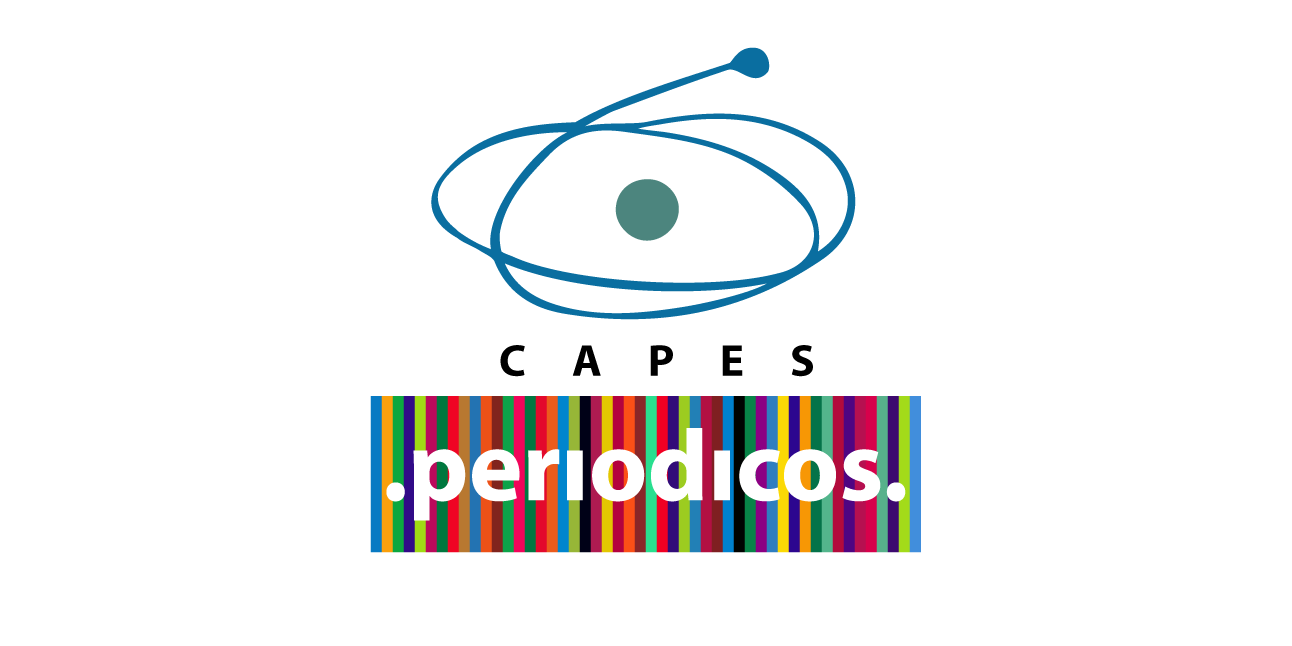ANALYSIS OF TERMS IN TYPE 3 SCHOOL DICTIONARIES IN THE NATIONAL DIDACTIC BOOK PROGRAM
DOI:
https://doi.org/10.17765/1518-1243.2018v20n2p209-219Keywords:
Pedagogical lexicography, School dictionary, PNLDAbstract
The school dictionary is a highly relevant tool for teaching/learning of the mother tongue, even though it is scarcely employed in the classroom. This is due to the fact that several teachers lack dominion on its multiple functions and specificities. Current analysis studies terms in Type 3 school dictionaries, evaluated and selected by the National Didactic Book Program (PNLD - Dictionaries 2012) of the Brazilian Ministry of Education (MEC). The above mentioned dictionaries are used by 6 and 9 Year students of Basic Education. The several pedagogical possibilities for the use of the dictionary in the classroom are investigated by the contrastive analysis of the terms. Research by Krieger (2007; 2012), Pontes (2009) and Santiago (2012, 2015) foregrounds the theoretical presuppositions of the Pedagogical Lexicography. Research corpus comprised five Type 3 Dictionaries approved by the PNLD Dictionaries 2012, from which terms were selected. Data related to the terms were registered in charts established in a data base to store information on each term. Analyses reveal divergent and also common paradigmatic aspects of the same term in several dictionaries.References
AUROUX, S. A revolução tecnológica da gramatização. Campinas: Unicamp, 1992.
BECHARA, E. (Org.). Dicionário escolar da Academia Brasileira de Letras. 3. ed. São Paulo: Cia. Ed. Nacional, 2011.
BRASIL. Com direito à palavra: dicionários em sala de aula. Brasília: Ministério da Educação; Secretaria de Educação Básica, 2012.
FERREIRA, A. B. H. Aurélio Júnior: dicionário escolar da língua portuguesa. 2. ed. Curitiba: Positivo, 2011.
GEIGER, P. (Org.). Caldas Aulete: minidicionário contemporâneo da língua portuguesa. 3. ed. Rio de Janeiro: Lexikon, 2011.
KRIEGER, M. G. Dicionário em sala de aula: guia de estudos e exercícios. Rio de Janeiro: Lexikon, 2012.
KRIEGER, M. G. Políticas públicas e dicionários para escola: o Programa Nacional do Livro Didático e seu impacto sobre a lexicografia didática. Cadernos de tradução (UFSC), v. 18, p. 235-252, 2007.
PONTES, A.L. Dicionário para uso escolar: o que é como se lê. Fortaleza: EdUECE, 2009.
RAMOS, R. A. (Ed.). Dicionário didático de língua portuguesa. 2. ed. São Paulo: SM, 2011.
SANTIAGO, M. S. Análises contrastivas de microestruturas em dicionários escolares. Pesquisas em Discurso Pedagógico, n. 1, p. 1-14, 2012.
SANTIAGO, M. S. Critérios de avaliação de dicionários escolares de língua portuguesa no Programa Nacional do Livro Didático. In: LIMA, A. M. P.; DUARTE, A. L. M. et al. (Org.). Reflexões linguísticas e literárias. Fortaleza: HBM, 2015. p. 69-79.
SARAIVA, K. S. A.; OLIVEIRA, R. C. G. Saraiva jovem: dicionário da língua portuguesa ilustrado. São Paulo: Saraiva, 2010.
ZAVAGLIA, C. O “proibido” em dicionários. In: ALVES, I. M.; GANANÇA, J. H. L. (Org.). Os estudos lexicais em diferentes perspectivas. v. VI. São Paulo: FFLCH/USP, 2016. p. 9-18.
Downloads
Published
How to Cite
Issue
Section
License
The Editorial Board is authorized to make certain changes in the original text to comply with bibliographical norms, orthography and grammar, so that standards in language and style may be maintained. However, the author´s style will be preserved. The concepts developed by the authors are their exclusive concern and responsibility.In case of approval, the e-mail of acceptance will contain a Letter of Copyright with authors´ name, personal data, and signature of all authors.










